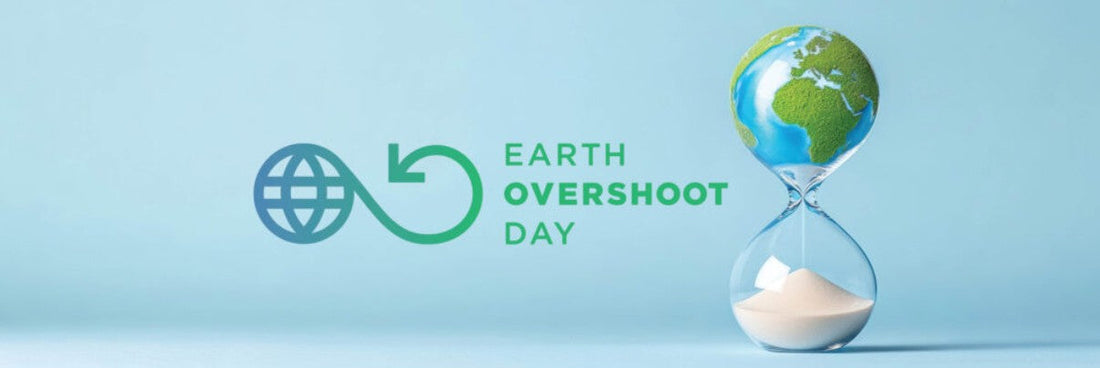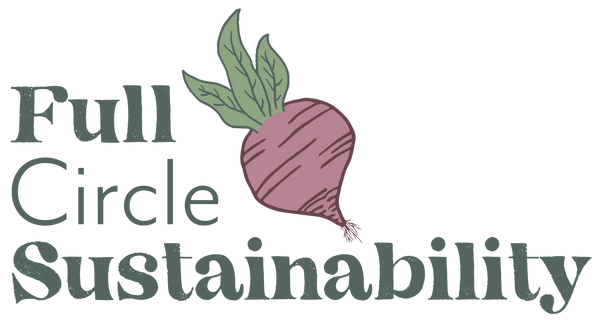
Earth Overshoot Day 2025
Today is Earth Overshoot Day—the symbolic day when humans will have used more natural resources in 2025 than the Earth can regenerate in a year. We have data on this metric going back to the 1970s, and, as you can see, the date of "overshoot" gets earlier every year. The good news is that the rate is slowing down. The bad news is that it's still going to take a huge collective effort to turn this ship around.

The overshoot date takes into account the entire world—the countries that consume relatively few resources as well as those living well beyond their means. If everyone lived like we do in the United States, Earth Overshoot Day would occur on March 13. It would take five Earths' worth of resources to support an entire planet of Americans.


Continuing to consume more than the capacity of the planet year after year means we've accumulated quite a debt—about 19 years' worth of resources, according to the Global Footprint Network (see video below). It's not impossible to pay back that debt, but as we sink deeper, the bank of the Earth will have less to loan us and will charge more interest in the form of things like hotter temperatures and stronger storms.
The Earth Overshoot Day website has a fantastic graphic that links to details on many concrete ways we can move the overshoot date back. It's a neat way to see what changes could have the greatest impact. It also demonstrates that there isn't one solution that would allow us to pay back our entire planetary-resource debt. We need to make lots of changes, at every level, in many different areas, to get us to a way of living that the planet can sustain.
It's not surprise that some of the highest-impact solutions are complext ones that involve governments, technologies, and large infrastructure investments. But others are surprisingly simple. A 10% shorter work week, for example, could move overshoot back by 11 days. (Robert was quick to notice that Earth Overshoot Day was nearly three weeks later in 2020 than it was the year before—with office buildings empty, factories shut down, and people commuting less due to the pandemic.) We can also make significant individual impacts by reducing food waste and meat consumption, by driving less, and with thoughtful family planning.



We're just individuals, but we're individuals living in America, which means that changes we make can have an outsized impact on moving back the overshoot date. Our corporations and government are big enough and powerful enough that they could actually make a tangible impact. Our collective wealth helped create this problem, but we can make it part of the solution. We can use that wealth to start paying back the debt. So:
- Identify a few things you can do yourself.
- Vote with your dollars to support businesses that prioritize sustainability.
- Vote with your values; elect leaders who understand we have just one Earth to live on, and we have to stop using it up.
-Justine



